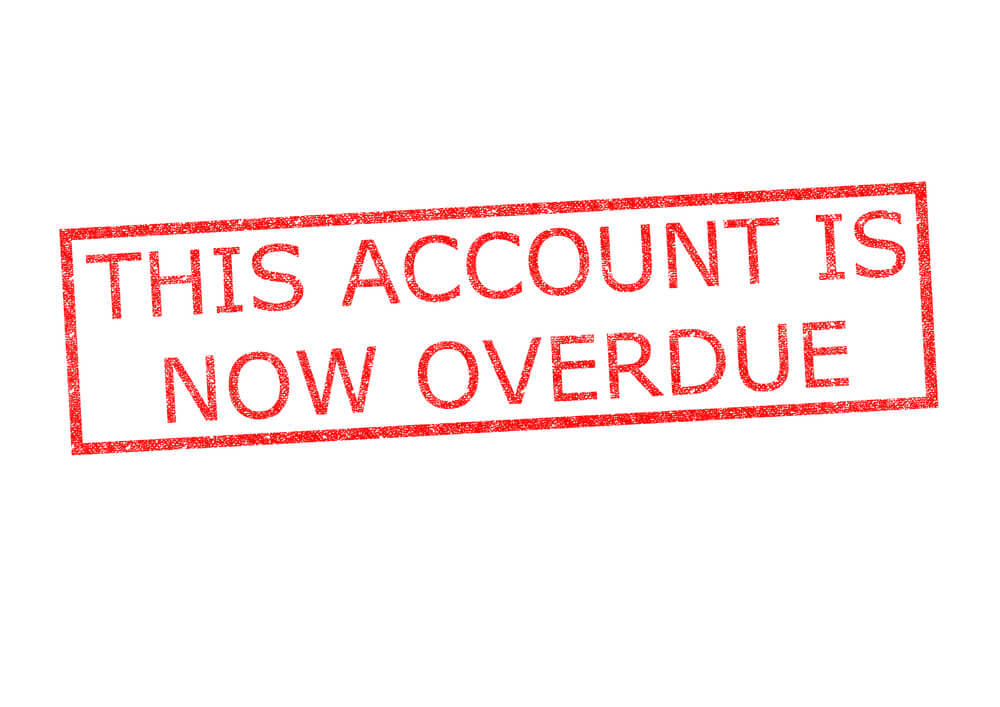
The UK’s Late Payment Epidemic
Carillion – Further Proof that Late Payments Lead to Cash Flow Problems
The late payment epidemic in the UK, especially involving SMEs, has once again been brought into sharp focus, this time as a result of the demise of Carillion in January. News very quickly filtered down that when it collapsed, Carillion not only owed money to thousands of people and many businesses, it had also been a very slow payer to its suppliers. This article looks at the late payment ‘culture’ in this country, the problems it leads to, and gives some advice on how to avoid, and try to fix, the problem.
Carillion’s Late Payment Culture
Carillion was a signatory of the Prompt Payment Code, which was created to set standards for payment practices and is administered by the Chartered Institute of Credit Management. Signatories of the code undertake to:
- Pay suppliers on time
- Give clear guidance to suppliers on their payment procedures
- Encourage good practice
Despite this, it has emerged that Carillion was taking up to 120 days to pay businesses for the goods and services they had supplied them with. This is the kind of late payment culture that causes big cash flow problems and sends small businesses into insolvency. Not every business is able to write off late payment debts or simply stop working for a late paying company.
The Late Payment Culture is Big
Research by the Federation of Small Businesses shows that on average c.30% of payments are made late, and that the average value of late payments to each business is over £6,000. As the FSB points out that, this is large enough to lead to the demise of a small business, especially if HMRC is demanding payment at the same time. Indeed, around 50,000 small businesses collapse every year as a result of the cash flow problems caused by late payment.
In total, it is believed that late payment costs the UK £2.5 billion per annum.
In a separate piece of research, Dun and Bradstreet showed that late payment brings about cash flow difficulties for 35% of SMEs and reduced profit performance for 24%. There is, of course, a further knock on effect with 29% of small businesses affected delaying payments to their own suppliers.
How do Businesses Try to Overcome the Problem of Late Payment? Raising Finance
The use of factoring has grown significantly in recent years. In essence, factoring and its variants, is a form of loan, and it can work very well. Our advice is to choose carefully, however, which company to use. Like most things, there are good and bad factoring products around and the terms and conditions can often be confusing.
Another way of addressing the problems caused by late payment that we see a lot of is the raising of additional finance. Our friends in the world of finance have reported an increase in enquiries caused by cash flow issues as a result of debtor days. Whilst this is a temporary fix, it’s only a sticking plaster, as it doesn’t address the cause of the problem. In addition, the cost of additional finance is another financial burden that is passed onto an already struggling company. So what can businesses do to try to avoid or minimise late payment in the first place?
Be Vigilant. Check out the Potential Client in the First Place
This, perhaps, is easier said than done, especially in the SME arena, where few companies, especially at the smaller end, believe they have sufficient staff to be able to spend time doing credit checks. Nevertheless, there is plenty of on-line data that is quickly and easily available to assess the financial and payment risk of customers prior to agreeing on payment and credit terms. However, the fact that 36 per cent of SMEs (source: Dun and Bradstreet) still don’t credit check any customers, tells its own story.
The reality is that a new client is not a client at all until payment is received. If the credit checks do not look good, it might be a better decision in the long run not to do business with them. Even if the credit checks are robust, strong payment terms and conditions, in writing and signed will go some way towards getting paid on or about on time.
For help and advice about credit checking and setting up robust systems for recovering monies owed, talk to our Insolvency Practitioners. Click here to contact us or call us on 0121 200 2962.

